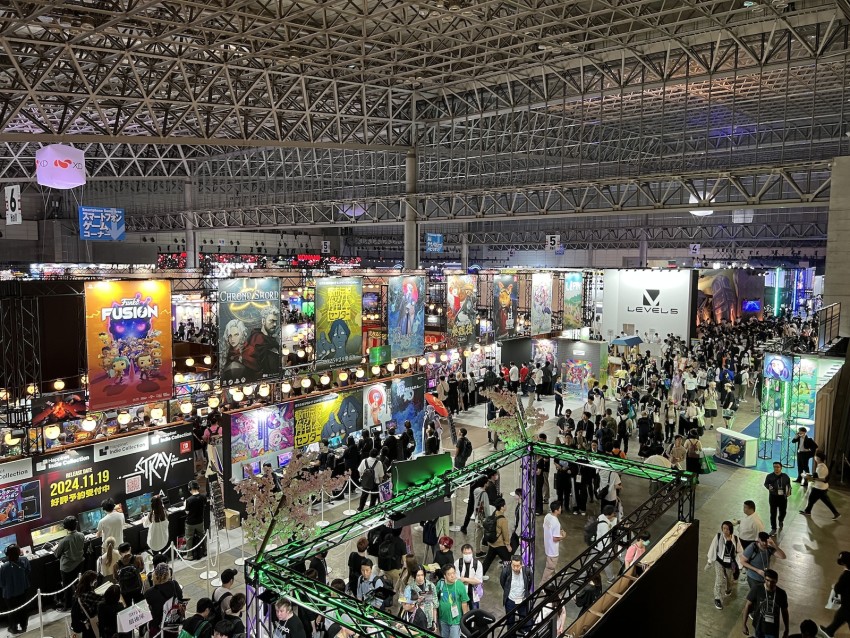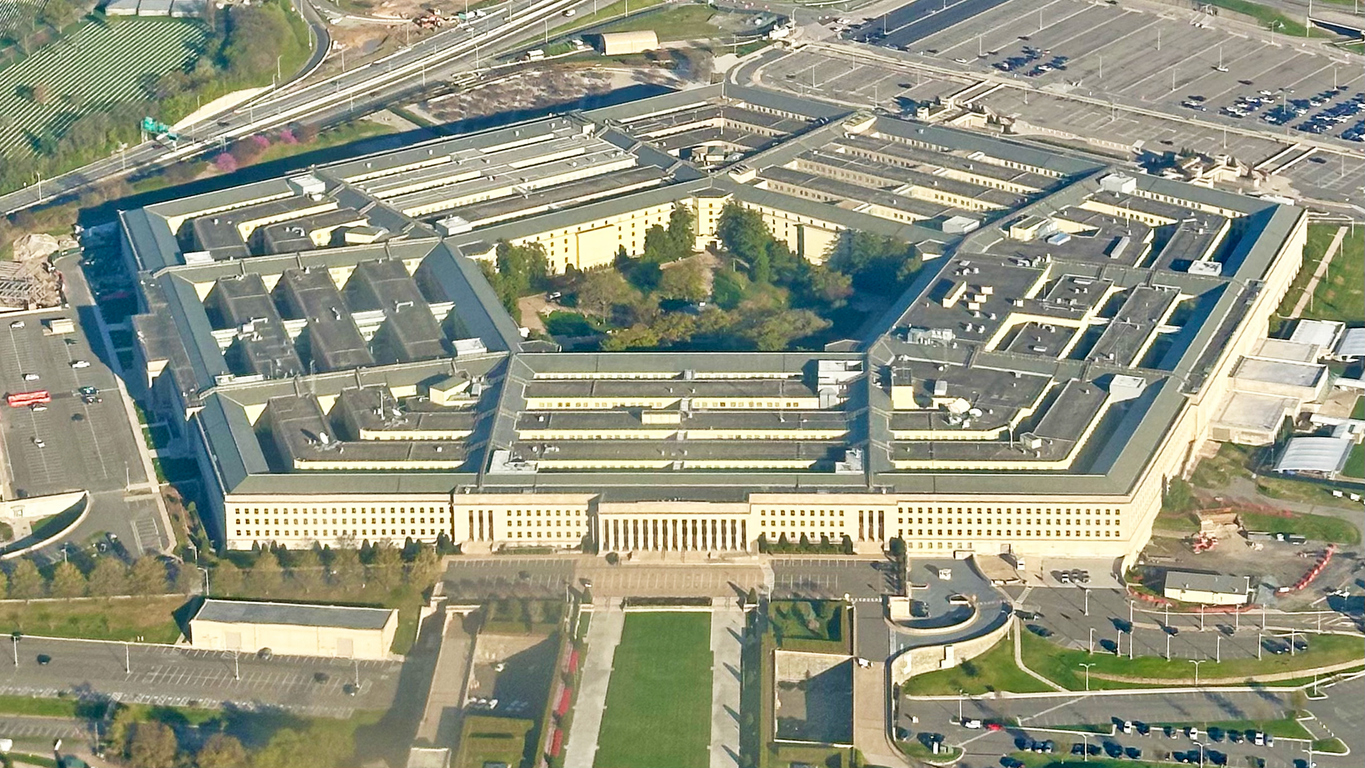AI at Tokyo Game Show 2024: Revolution or replacement?

As the Tokyo Game Show 2024, which ended Sunday, the gaming industry was buzzing with questions about the future of generative AI. Developers are increasingly integrating AI into game creation, utilizing it for procedural content generation, enhancing NPC behavior and automating backend processes like quality assurance and server optimization.
While some developers are excited about its potential to push the boundaries of game design, others voice concerns about the erosion of creativity and the human touch.
Despite these criticisms, many in the industry are embracing AI. During EA's recent Investor Day, CEO Andrew Wilson described AI as "the very core of our business," noting that EA is currently running over a hundred active AI projects.
At this year's Tokyo Game Show, the "AI Technology Pavilion" offered a glimpse into the future, with companies showcasing tools designed to streamline development, reduce costs and minimize reliance on large teams.
Kiyomichi Arai, senior manager at Equinix, expressed optimism about AI's ability to accelerate game development. "AI could increase efficiency by 100 times," he said, adding that it can also improve marketing strategies and customer support. Yet, Arai cautioned that AI poses risks, particularly when it comes to the accuracy of its outputs. Equinix, a global infrastructure company, plays a vital role in optimizing data centers and cloud services for gaming and AI development.
Another technology on display was StoryAI, a platform developed by ZEAL. It analyzes audience emotions and provides insights that help developers refine narrative elements before launch, offering a glimpse into how AI might shape storytelling.
Indie developers are also experimenting with AI. VR Imaginators, a small Japan-based developer, showcased Isekai Ryouri (Other-World Cooking), where players create unique dishes through generative AI — work that could take human artists weeks or months is created in an instant.
Álvaro Sáez, co-founder and CEO of the Spanish startup HechicerIA, which specializes in using AI to turn text into 3D videos, sees Japan as a key market for AI's future.
"What takes months or years now could be reduced to weeks or days in the future," said Sáez, while acknowledging the importance of navigating copyright regulations in AI development.
Still, not everyone in the industry is sold on AI's benefits. Robert Pontow, director of operations for the Japan-based publisher Beep, voiced concerns about AI's role in creative storytelling.
"Nowadays, you can create a visual novel using only AI. It can write stories and even create art. To be honest, I don't like it. I can see it being used for cheap content, but I hope it stays targeted to a specific audience."
Jan Koenigsfeld, production manager at Wizcorp, a company that supports Japanese developers, criticized the technology as "sophisticated automation" rather than genuine creativity. He also doubts the feasibility of replacing translators with AI. "Machine translation is fundamentally flawed because it relies on the people it's trying to replace to train the AI."
While AI's role in the gaming industry continues to expand, the debate over its limits and potential remains as dynamic as ever. As Koenigsfeld concluded, "You need the human element to express something. AI can't do that for you — there's nothing creative about it."













